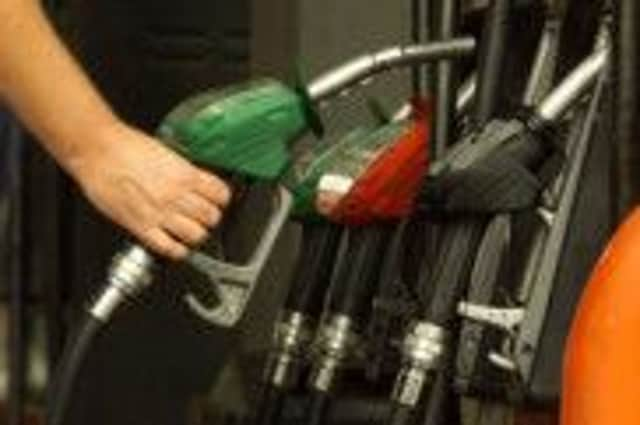Grangemouth analysis: Demand for petrol in UK has fallen


There are now only seven refineries operating in the UK compared to more than 20 in 1973. This was the peak year for refining capacity at more than 140 million tonnes compared to about 80 million now.
But this capacity is currently substantially under used. The pattern of the petroleum products produced by UK refineries has not adapted very well to the changing demands of final consumers. For many years petrol demand in the UK has been falling, while demand for diesel fuel has, until very recently, been increasing.
Advertisement
Hide AdAdvertisement
Hide AdThe result is that around 47 per cent of demand for diesel fuel is met from imports. Perhaps 50 per cent of aviation fuel needs are also met by imports. Petrol is exported on a significant scale.
The current problems have been exacerbated as a consequence of the shale gas/oil revolution in the United States. This has led to a sharp increase in US oil production. Further, US refineries are able to acquire crude oil at a substantial discount over their competitors in Western Europe.
The question of whether this competitive advantage for US refineries will be long-lasting is a key one for the future prospects for Grangemouth. Increasing US production is likely to last for a considerable number of years but the oil price differential may not remain at today’s high level. If the transport bottlenecks in the US can be removed the price differential could be substantially reduced, but for the near term the trading difficulties of UK refiners will remain.
An important element in the economics of the petrochemical plant is the availability and price of the main feedstock. This is ethane which is currently derived from gas and gas liquids from the UKCS. In recent years the volumes have been falling. It should be recalled that, some years ago, long term availability of ethane was an issue with the Mossmorran petrochemical plant.
The recent proposal made by Ineos to invest in a new plant to receive ethane from the US has some clear merits. Currently, there are plentiful supplies available in the US as a consequence of the shale gas revolution and gas prices are far below European levels.
Current predictions are that, given the size of the reserves, the long term gas supply position in the USA will remain very favourable. On the surface it is rather surprising that this scheme has apparently been dropped.
For the medium and long term the closure of the Grangemouth complex produces security of supply issues for Scotland and the UK. While the current international market is well-supplied with petroleum products there is no guarantee that imports will always be generally available.
The international oil market can be expected to continue to be volatile. It is arguable that a minimum refining capability along with substantial storage are ingredients of a sensible security of supply policy. This may justify government intervention. The extremely adverse consequences of closure for the regional economy in the Grangemouth area are very obvious, and it is to be hoped that a scheme can be devised to make the complex competitive.
• Professor Alex Kemp is an oil economist at the University of Aberdeen.